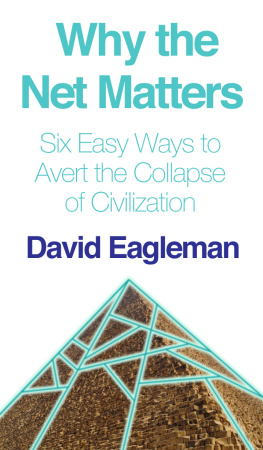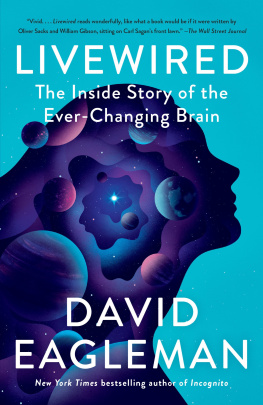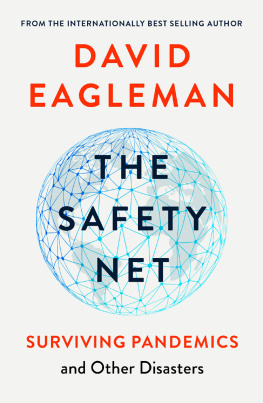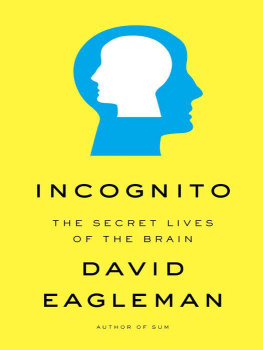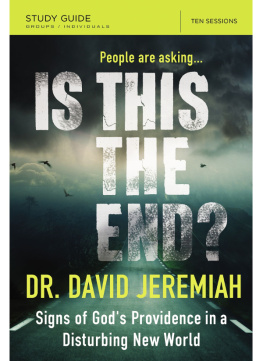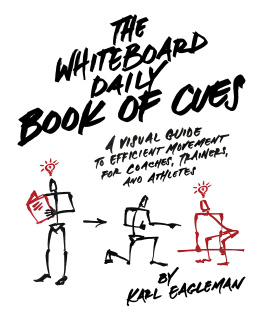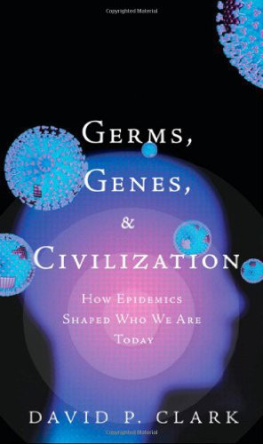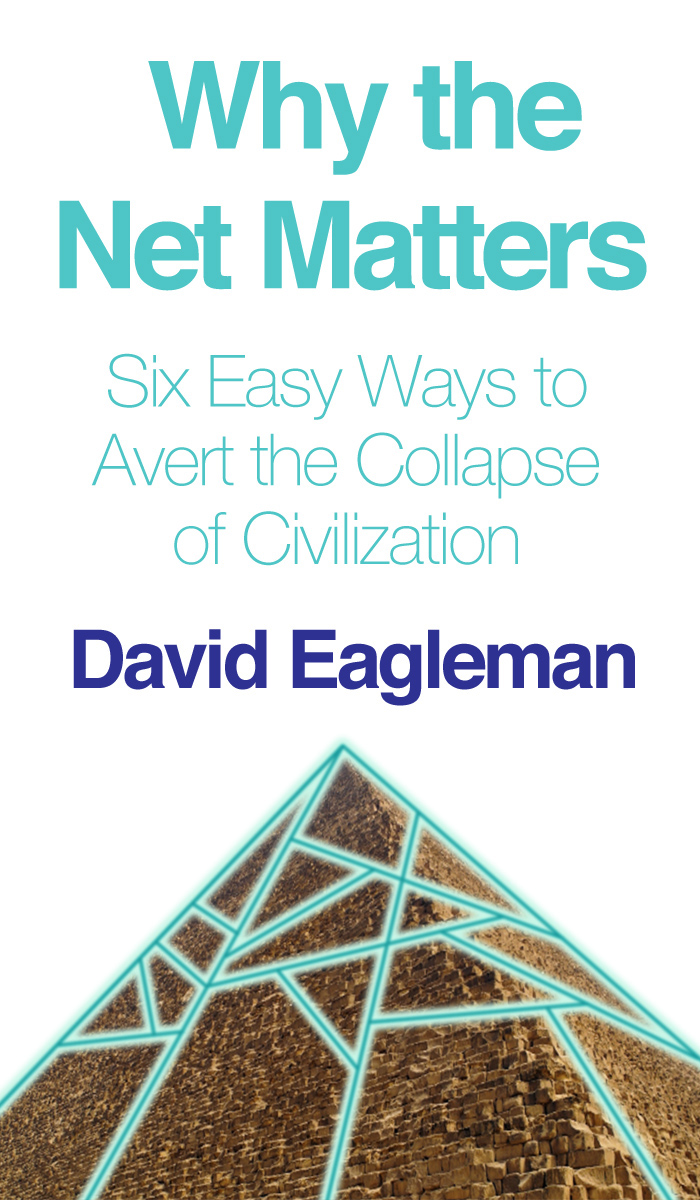Contents
PREFACE
Why Do Civilisations Collapse?
Congratulations on living at a fortuitous moment in history. We enjoy a stable society that brags technology, progress and opportunity. It proves difficult to imagine that all this our governments, our culture, our storytelling, our creations could fold up and collapse. How could our lofty glass-and-steel edifices fall into ruin? How could our proud national story shrink to a few lines in history texts of the future? How could our venerated deities go the way of Neptune and Kukulcan and Osiris? How could our culture degrade to the unremembered?
Note that you would have had exactly the same trouble envisioning collapse if you lived in the brawny empire of the Romans, or during the Golden Age of the Athenians, or during the pinnacle centuries of the Egyptians, the African Mali, the Babylonians, the Mesopotamians, the Toltec, the Anasazi, or any of the other societies that have risen and fallen before us.
In the surprisingly short span of written history, an astounding number of great civilizations have collapsed. Centuries of progress and development have caved in on themselves, leaving nothing but archeological ruins and scattered genetics. Sensitive literature, inspired mathematics, and bold architecture have degraded in the compost piles of history.
But why? The mystery of disappearing nations has always attracted researchers to sift through the evidence to discern what went wrong. Happily, their detective work has paid off. Patterns have emerged. Although there are many vanished civilizations, they share in common a handful of maladies. Foremost are epidemics, natural disasters, poor information flow, political corruption, economic meltdown and resource depletion.
These are problems that almost all civilizations come face to face with in some degree, in some fashion at some point. And so will we. Repeatedly.
But I make the case in this book that we may be luckier than most of our predecessors. Almost accidentally, we have developed a technology no one else possessed: a rapid, growing communication network that finds its highest expression in the internet.
I will attempt to demonstrate that this technology obviates many of the threats faced by our ancestors. I will argue that our largest threats may already be counterbalanced by our most popular and beloved technology.
From tsunami warning systems to Twitter revolutions, from the conversion of commerce into zeros and ones to automated epidemic detection, from information immortality to the democratization of education, the net is changing the rules of the survival game. This is not to say there wont be new threats, or the need for constant vigilance, or that my cyberoptimistic arguments are not nuanced by the double-edged complexities of technology but it is to say that our risk analysis is undergoing a full overhaul. We are poised in a watershed moment in history. One in which all the equations are changing.
We all enjoy the net for its fast lookups, social pinballing, online bargain discovery, and instant knowledge gratification. But the roots of its importance run deeper. And they require careful attention. After all, the nervous system of the net has wrapped our planet like kudzu, working its way into lives, buildings, economics and societies. What better opportunity is there for naturalists of the early twenty-first century than to study, probe and seek to understand this new creature?
I believe this study will appeal to both utopians and pessimists. In the following chapters we will widen our lens to take in the entire globe, and lengthen our timescales to think about millennia. By doing so, one point will come into clear focus: the net matters.
CHAPTER ONE
Sidestepping Epidemics
One of our more dire threats for the collapse of civilization comes in the tiny package of infectious disease. Microbial epidemics precipitated the fall of the Golden Age of Athens, the Roman Empire and most of the empires of the Native Americans.
Its a bitter irony that the largest threat to civilizations is something invisibly small. So small, in fact, that the existence of these invisible killers was completely unsuspected while historys civilizations were tumbling. Only in the past century have laboratories unmasked an understanding of microparasites, and only in recent decades have historians begun to adopt a radically different view of the narrative of times gone by, paying attention for the first time to shifting disease patterns and their human consequences.
It is now clear that microbes have brought more death and destruction than all the wars and famines combined.
But theres good news: we have just entered a new era of technology one that may allow us to defang the threat of infectious disease. Lets first turn to the effects of microbes on the survival of civilizations, and then examine the likelihood that future historians will have something new to fold into their models: the sudden effect that the internet had in preventing society-collapsing pandemics.
Historians have long asked a simple question: how could Hernando Cortez, the Spanish conquistador, bring fewer than 600 men to the New World and conquer millions of Aztecs? Similar military match-ups in history have tended to go less swimmingly. Surely the impressions left by Spanish rifles and horses deserve partial credit for his victories, but even those technologies are insufficient to explain the rapid crushing of an otherwise well-built society.
The secret weapon of the Spaniards was so secret that they themselves would not understand it for centuries: they carried with them a much larger army of smallpox viral particles. The immune systems of the Amerindians had no experience with this microbe, and although they could mount military defenses against horseback attacks, they had no capacity to defend against the invisible war waged inside their bodies. Smallpox boasted an 80% to 90% fatality rate among the Amerindians. And even those who survived were psychologically tortured by witnessing their strongest and bravest brought down by a disease that left the invaders untouched.
What Cortez pulled off with the Aztec civilization, Francisco Pizarro soon repeated with his resounding defeat of the Inca Empire. As it turns out, the Native Americans were up against a formidable foe: smallpox is the most destructive disease in history, having claimed hundreds of millions of victims between ancient and modern times. The Romans lost up to a third of the population in parts of their empire. A millennium later, crusaders returning from the pillaging of distant lands brought an epidemic to Europe; it was from here that conquistadors transported the microscopic passengers to the New World. Off the coast of the Americas, smallpox cut down a third of the population of Iceland in 1707.
Smallpox is only one of dozens of invisible killers lurking in historys corners.
A single strain of bacteria Yersinia pestis, the cause of the bubonic plague has wreaked havoc for as long as there have existed written records. The plague rebutted the Persian invasion of Greece, opening the way for the Golden Age of Greece, only to return as the Plague of Justinian to devastate Constantinople and defeat the Byzantine Emperors plan to rebuild the Roman Empire. Ongoing outbreaks of the plague diminished the populations along the Mediterranean coasts, which greatly aided the Muslim invasion of the region in the late 600s.
The plague bubbled around the planet for the next several centuries, flaring up vigorously and unexpectedly. By the 1300s, things began to worsen: the plague had spread to India, China, and the Middle East, and followed caravan routes to ports along the Black Sea.

